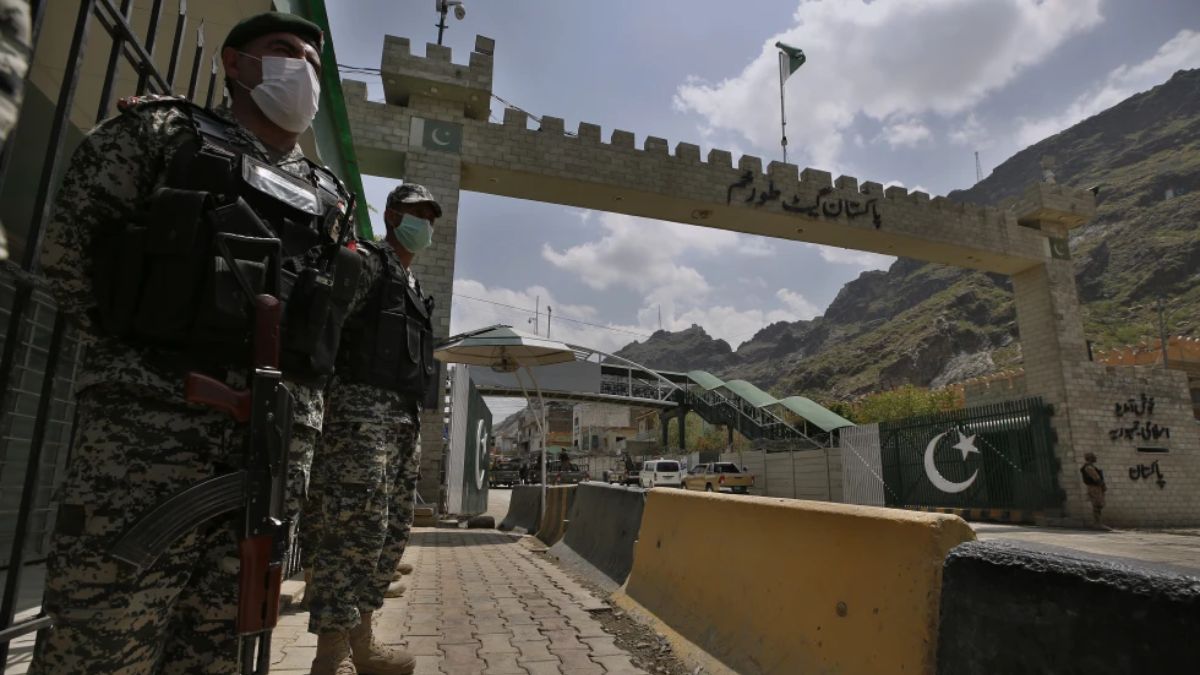Pakistan and Afghanistan have reopened their main border crossing at Torkham, officials said on Wednesday (March 19), following nearly a month of closure triggered by clashes between security forces on both sides.
The vital trade and transit route, one of only two primary crossings between the neighbouring nations, will initially resume commercial activity, with pedestrian movement set to recommence on Friday (March 21), according to Riaz Khan Mehsud, a Pakistani government official.
Qureshi Badlon, head of the media department for Afghanistan’s Nangarhar province, confirmed that both governments had agreed to restore operations and facilitate transit trade.
The crossing, situated in Pakistan’s Khyber Pakhtunkhwa province– a region frequently targeted by Pakistani Taliban militants– was shut on February 21 after border tensions escalated into armed skirmishes. The confrontation saw both sides exchange mortar and rocket fire after Afghan forces reportedly objected to Pakistan’s construction of a border outpost.
The closure had significant economic and humanitarian consequences, leaving truckloads of essential supplies stranded. Afghanistan, already grappling with a severe food crisis, relies heavily on imports from Pakistan, particularly wheat, flour, and fresh produce.
Businesses on both sides welcomed the resumption of trade. Ziaul Haq Sarhadi, a director at the Pakistan-Afghanistan Joint Chamber of Commerce and Industry, expressed hope that normal movement of people would also resume by the end of the week.
“The prolonged closure led to losses worth millions of dollars for traders and exporters,” said Ghulam Ali, a Pakistani businessman, adding that perishable goods had been particularly affected.
Impact Shorts
More ShortsBilateral trade between Pakistan and Afghanistan totalled more than $1.6 billion in 2024, according to Pakistan’s foreign office. The Torkham crossing alone facilitates daily trade worth an estimated $3 million and typically sees around 10,000 people crossing each day, customs officials said.
The reopening comes amid broader tensions between the two countries, with Pakistan increasingly frustrated by cross-border militant activity, while Afghanistan’s Taliban-led government has resisted Islamabad’s efforts to fortify the border. Despite the resumption of trade, relations between the neighbours remain fraught.
With inputs from agencies


)

)
)
)
)
)
)
)
)



